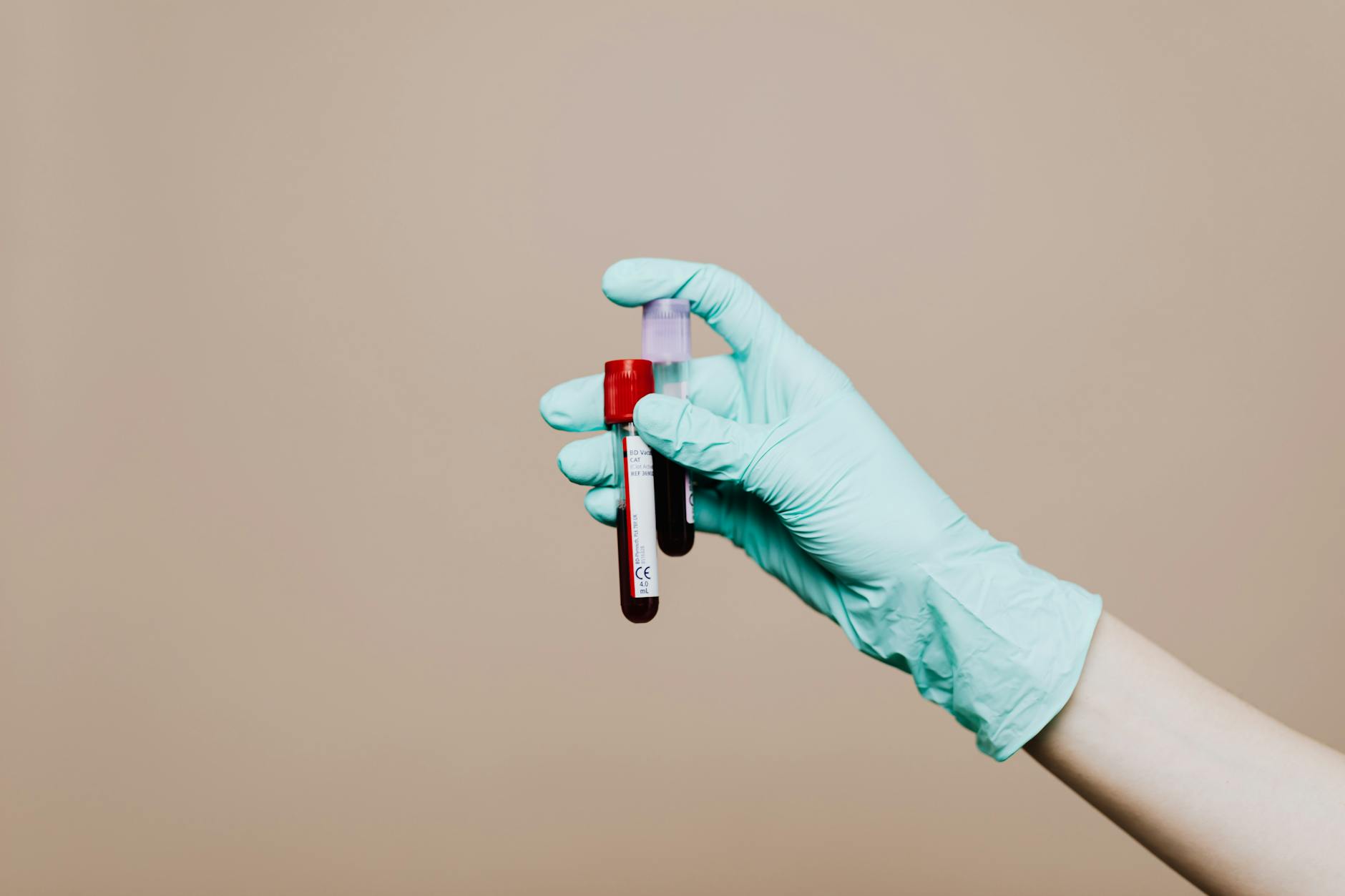
You didn’t notice the weight of your blood until something felt off
It wasn’t pain. Not at first. Just a tiredness that didn’t sleep away. A heaviness beneath skin. You told yourself it was work. Or weather. Or age. But deep down, you knew something was whispering louder than routine.
You kept going. That’s what you do. Until “just tired” felt like drowning with your eyes open.
Numbers told stories before you even realized something was wrong
A blood test. Just routine. Just numbers on a page. But someone looked closer. The hemoglobin whispered secrets. The platelets screamed quiet warnings. The white cells danced differently. Suddenly, it wasn’t just about being tired anymore.
Suddenly, the silence inside your veins became the loudest thing in the room.
A small shift in shape, and everything unravels quietly
Cells that should be round begin to curve. Or stick. Or multiply too fast. Or not enough. The design inside you, once elegant, now flawed. Not broken—but altered. Changed by something invisible. Yet undeniable.
You can’t feel it, but it’s there. Like gravity. Constant, pulling, shaping how you move.
It hides in plain sight until it doesn’t
Bruises that take too long to fade. Cuts that keep talking. Dizziness that lingers. Nothing dramatic. Nothing cinematic. But everything connected. You learn to listen to small signs. Because hematology is made of whispers, not shouts.
You start to remember the last time your body felt like yours.
It’s not about blood—it’s about the stories it refuses to keep secret
A drop can reveal a month’s worth of struggle. A cell can reflect a lifetime’s inheritance. In hematology, blood becomes more than red—it becomes memory, lineage, prediction. Every report, a quiet biography you didn’t write.
But it reads you better than you read yourself.
You begin to fear and trust numbers at the same time
Too high. Too low. Too fast. Too few. Every count becomes a prayer, a pulse. You learn to live between appointments. Between results. Between what you hope for and what you prepare for. There is no cure for waiting.
Only the slow discipline of watching and knowing and not looking away.
Even stability comes with weight
Even when things are “managed,” you carry a soft fear. You laugh, but scan your skin. You work, but monitor fatigue. You sleep, but wake unsure. Hematology teaches you vigilance dressed in normal days.
There’s no drama. Only detail. And detail never rests.
What you inherit doesn’t always feel like a gift
Family history. A phrase too neat for what it holds. Blood disorders passed down like old stories. You carry names you never met in your DNA. Their battles become your precautions. Their missteps, your map.
You grieve ancestors while navigating yourself.
The absence of symptoms can be its own kind of storm
Sometimes you feel fine. And that’s what scares you. You wait for the other shoe. You hold your health like it might break if squeezed. You smile at good news, then question it. Hematology teaches you to hold hope gently.
Because good days are precious. But not promises.
Knowing is both a burden and a kindness
Diagnosis doesn’t fix things. But it names them. And names have power. Knowing what walks beside you helps you stop running. Helps you stand. Even if it’s shaking. Hematology doesn’t promise peace. Just truth. Quiet, complex truth.
You make space for truth. And for life, in all its unfinished shapes.
There’s no finish line—only chapters
You don’t get to “beat” this. Not in the way people like to hear. You manage. You adjust. You build routines that others can’t see. And when they ask if you’re okay, you say yes. Not because you are. But because you are enough to try.
That, sometimes, is the bravest thing you can say.
It teaches you how to live in your body again
Slowly, gently. You stop blaming it. You stop fighting it. You begin to partner with it. To ask questions instead of demands. You learn what it needs. And when. And how. Hematology is not just blood—it’s relationship.
And every relationship begins with listening.
Not everyone understands, but someone always does
The right doctor. The right voice. Someone who sees patterns in your pages. Who doesn’t dismiss tiredness. Who honors silence. In hematology, connection matters. Not just medicine. Not just treatment. But being seen.
Healing begins where understanding lives.
